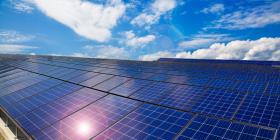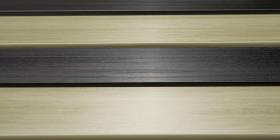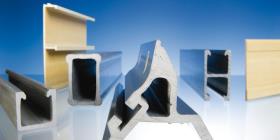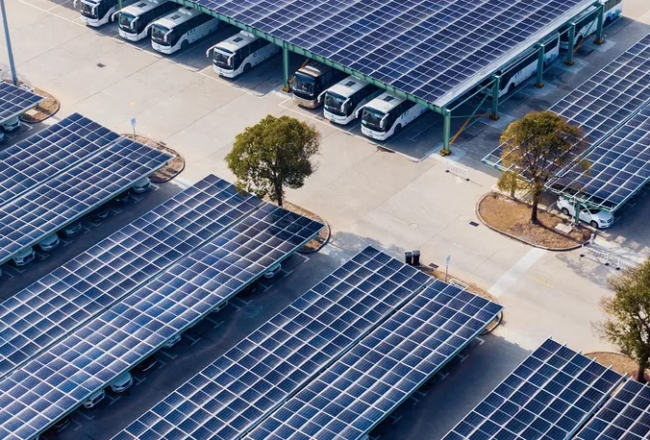
Harvest the solar power with PU composites for enhanced energy efficiency
High performance PU composites enhance energy efficiency of solar panels
The frame is a crucial component in solar panel modules, serving to safeguard glass edges, enhance sealing performance, and bolster overall mechanical strength. Its impact on the performance of solar panels directly influences their service life, targeting an outdoor lifespan of approximately 25 years. We, in partnership with China's Zhejiang Deyilong, a leading producer of PU composites, have developed PU composite frames made of Baydur® resin as an innovative material for solar panels. These frames offer several advantages over traditional aluminum frames. PU composite frames demonstrate superior anti-corrosion performance and durability, making them ideal for regions prone to high humidity and salt spray. They also shows high mechanical performance. The inherent strength and durability of PU composites ensure the structural integrity of the solar panel module.
Another key advantages of PU composite frames is their ability to mitigate Potential-Induced Degradation (PID), a phenomenon that can reduce the power generation efficiency of solar panels. As non-metallic insulating materials, PU composites effectively prevent PID, resulting in enhanced energy efficiency and optimized power output.
Baydur® PU composites used in the solar frames have been certified by TÜV Rhineland and TÜV SÜD as suitable materials for solar panels. This certification ensures that the frames meet rigorous quality and performance standards, providing customers with confidence in their reliability and durability.
Since 2022, many solar module producers certified our PU composite frames by either TÜV or VDE. Our capacity is 8GW. We've done pilot projects onshore, offshore and rooftops. DeYilong and Covestro have been partners for over a decade, reducing costs and improving efficiency for carbon neutrality.
Reducing carbon emission
The use of PU composites in solar frames offers a significant sustainability advantage. Compared to traditional aluminum frames, PU composites contribute to a 85 percent reduction in cradle-to-gate carbon footprint. According to data from TÜV SÜD, cradle-to-gate carbon footprint of each kilogram of 100% primary aluminum profile is 24.2 kilograms of CO2 equivalent emissions. This reduction is primarily due to the less energy-intensive production process of PU composites, making them a more environmentally friendly choice for solar panel applications.
Large PV facility with PU composites at Shanghai site
The PV facility at Covestro Integrated Site Shanghai (CISS) installed 30,000 square meters of PV modules on rooftops, parking lots, and unused areas. It commenced operations in late January, and is projected to generate 6 million kilowatt-hours annually for on-site consumption. Coupled with the existing PV facilities, the site’s total solar power generation is expected to reach 6.5 million kWh annually, resulting in a reduction of approximately 5,000 tons of carbon emissions. This reduction is equivalent to saving about 2,000 tons of standard coal on an annual basis. This initiative underscores the company’s unwavering commitment to advancing renewable energy utilization as a core aspect of its pursuit of full circularity.
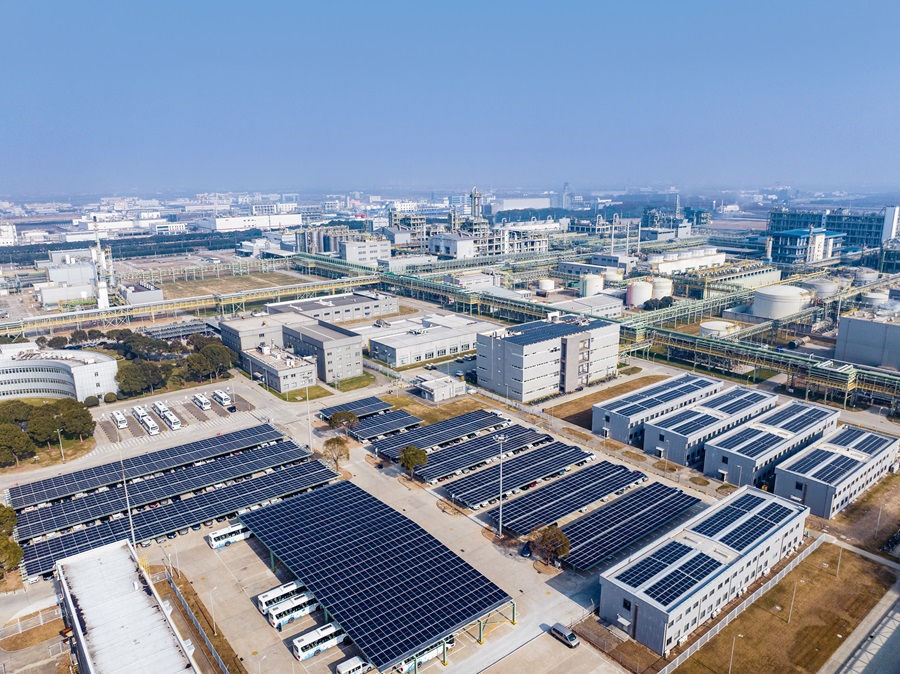
This project reaffirms our commitment to renewable energy and highlights the benefits of PU composites for solar panels. We leverage our expertise to meet the rising demand for sustainable energy solutions and reducing carbon footprint. We take pride in leading the charge towards a circular economy.
Conclusion
Our PU composite solar frames represent a significant step towards enhancing energy efficiency in the photovoltaic sector. With their superior anti-corrosion performance, durability, and ability to mitigate Potential-Induced Degradation, these frames contribute to optimized power generation and increased sustainability. Overall, our efforts in embracing renewable energy, reducing carbon emissions, and supporting the green development of the photovoltaic industry through the use of innovative materials like PU composites demonstrate the company's role as a catalyst for positive change in the industry.
Key benefits
- Excellent chemical corrosion resistance suitable for high humidity and high salt spray areas.
- High mechanical performance axial tensile strength is more than 6 times that of aluminum alloy, meeting the requirements of large modules.
- Enhance energy efficiency Non-mental Insulated frame, excellent anti-PID performance.
- Convenient installation cost-saving as no grounding required
- Less carbon footprint 85% less in cradle-to-gate carbon footprint compared to primary aluminum









